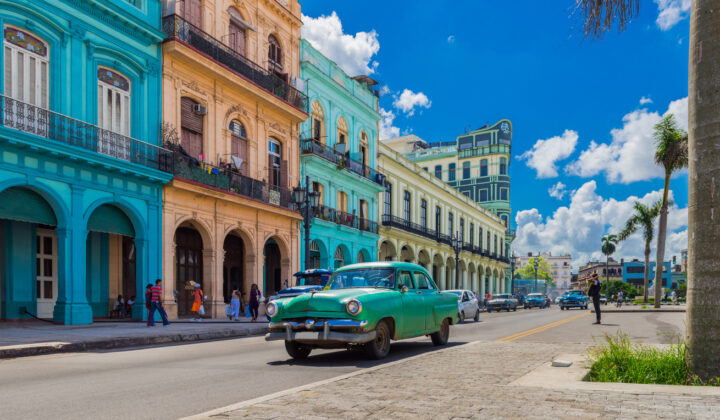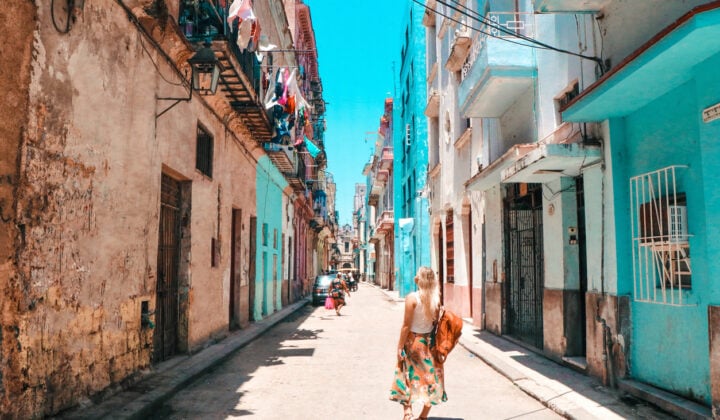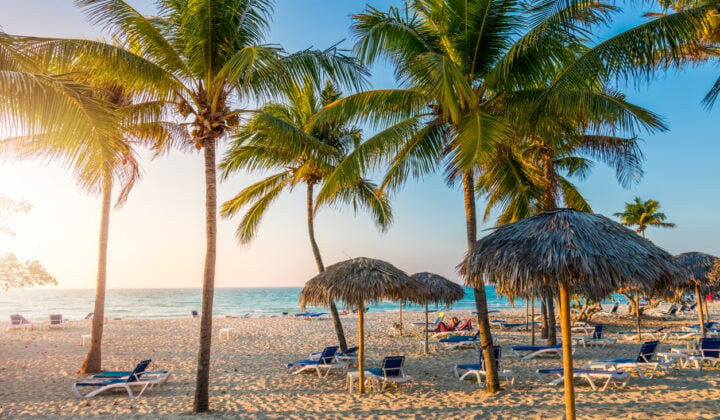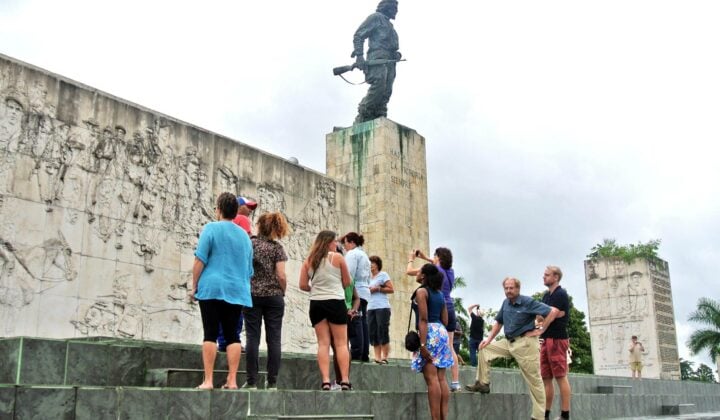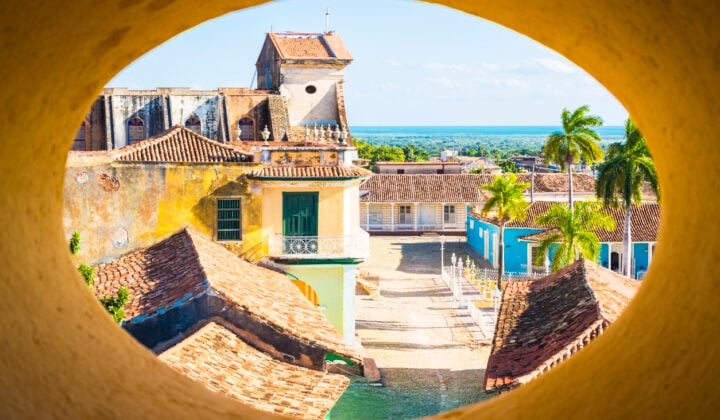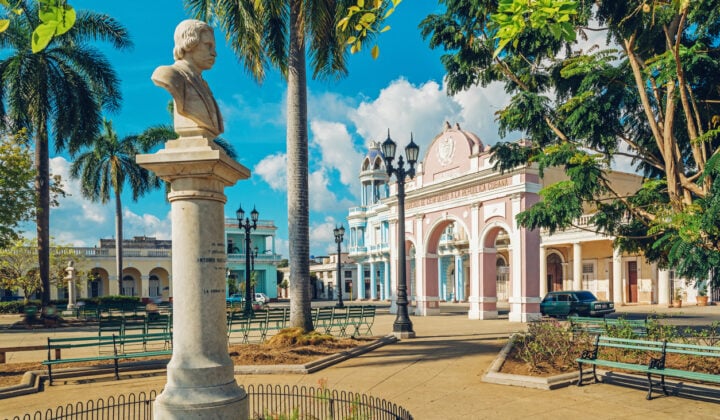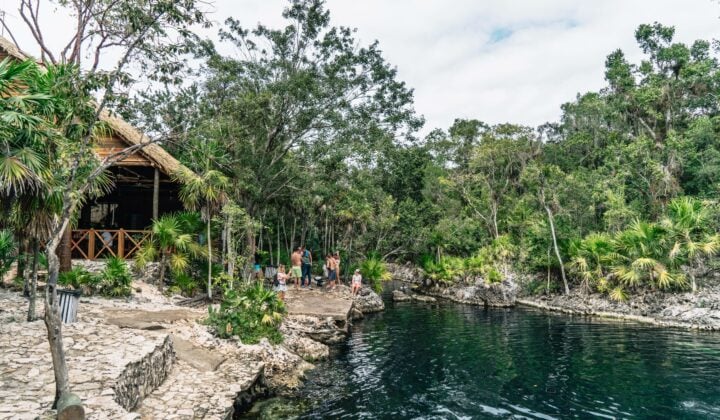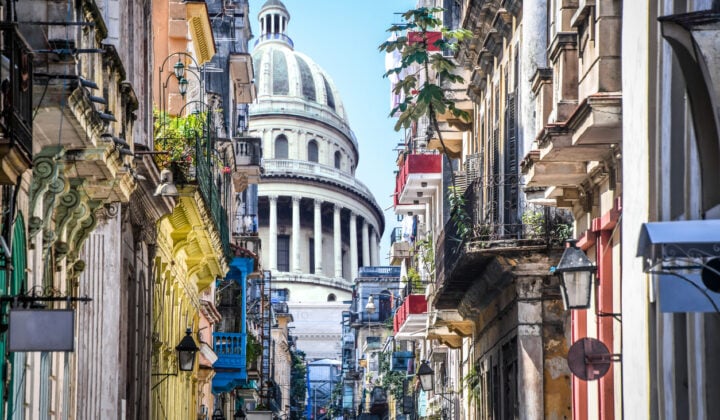Arrive in Havana and settle into your accommodation. If you arrive by 6pm, you’ll meet your guide and your group in the main guesthouses and then go for an optional dinner. Your optional $20 for the snack kit will be collected.
Accommodation: Guesthouse

